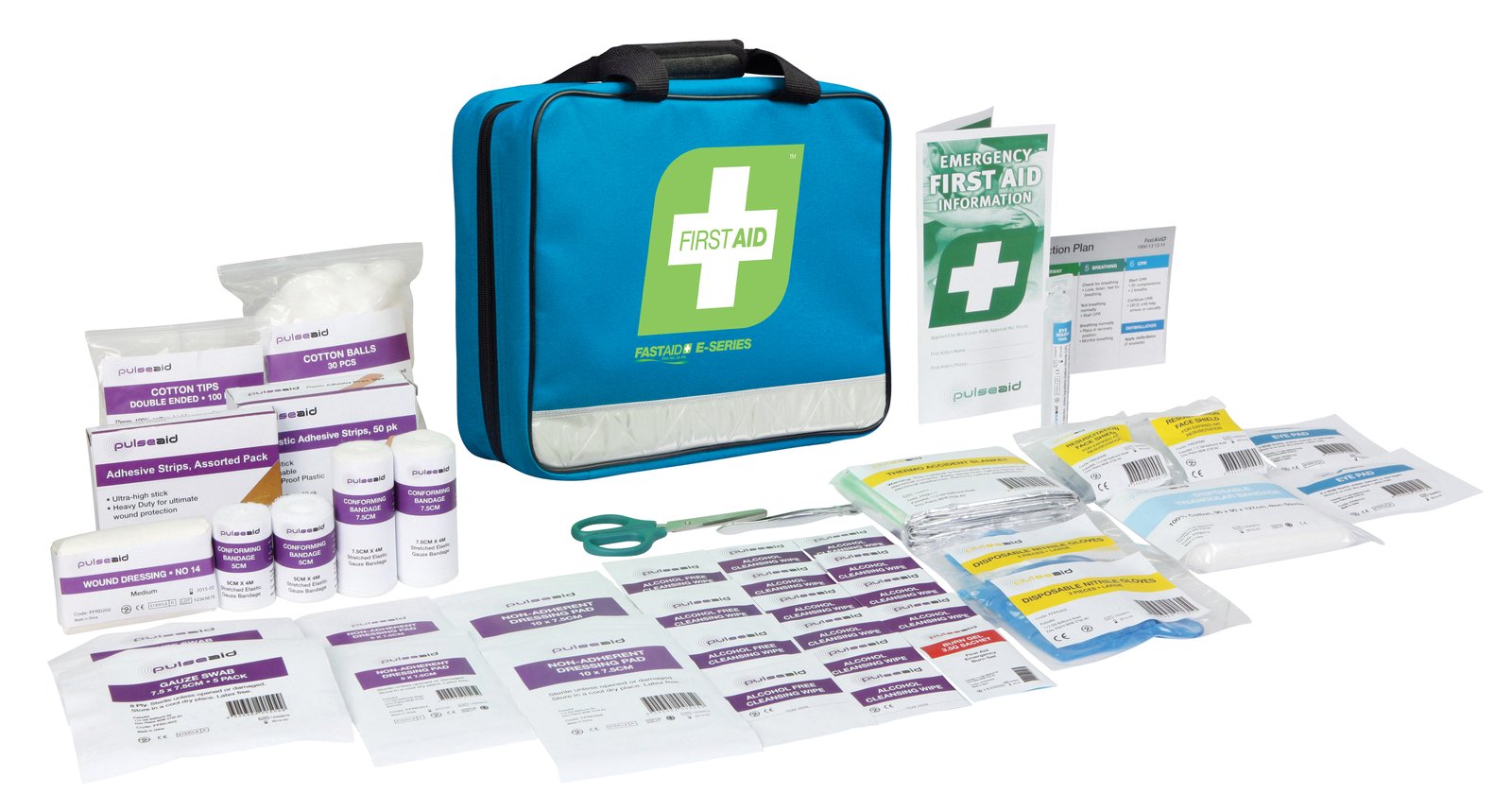 The workplace is a hazardous place and accidents happen - regardless of whether you feel safe in the four corners of your office. Here are some of the most common workplace injuries, their causes, what to look out for, and what to do about them.
The workplace is a hazardous place and accidents happen - regardless of whether you feel safe in the four corners of your office. Here are some of the most common workplace injuries, their causes, what to look out for, and what to do about them.
Trips, Slips & Falls
Causes: Wet floors are the major culprits in slipping and tripping accidents. Other causes are small objects, loose carpets or disarranged furniture such as chairs or tables. Falling down the stairs is another common accident in the workplace.
Prevention: Make sure there are no wet floors in the area. If somebody is cleaning, make sure there is a WARNING: WET FLOOR sign near the wet floors. Damaged floors, especially loose carpets, should be repaired. Always keep your surroundings orderly and pick up any small objects on the floor. Lastly, stay alert.
Cure: Should you trip, slip or fall, feel your body for any pain or fracture. If you can get up, lie on your side, bend the leg that is on top and lift yourself onto your elbows or hands. Pull yourself toward a sturdy chair or other object, then kneel while placing both hands on the chair or object. Place your stronger leg in front, holding on to the chair or object. Stand up and, very carefully, turn and sit down. If you can’t get up, call out for help or use your phone (if you have one) and call for emergency help. Do not try and stand up to prevent further injuries. Once settled, it is best to go and see the doctor immediately.
Muscle Strains
Causes: Sitting down at your desk for hours causes strains in the muscle and joints, particularly in the back and neck. Exerting too much force in lifting, pushing or pulling objects can also lead to muscle and joint injuries as well. This is very common in construction sites as well as factories and manufacturing companies.
Prevention: Do stretching exercises and frequently change the position of your workstation to avoid prolonged static posture. Your office should also provide ergonomic chairs for comfort and protection. Leave your desk from time to time and enjoy your breaks. For overexertion, use other techniques that will reduce the effort in lifting, pushing or pulling heavy objects. Practice flexibility exercises like yoga or gymnastics to maintain physical fitness.
Cure: Massage therapy is very beneficial in draining out the stress in your muscles and joints. You can also check with a chiropractor should you experience any spinal misalignments. Rest your hands and feet during breaks.
Repetitive Motion Injuries
Causes: Repetitive motion injuries are very common in an office setting. This type of workplace injury is less obvious but significantly harmful in the long run. Repetitive motions such as typing and using the computer for hours on end can strain muscles and tendons causing back pain, vision problems, and carpal tunnel syndrome.
Prevention: Realign your hands when using a keyboard in a way that will not hurt your hands. Rest them at work once in a while.
Cure: Try ice and rest for short-term relief and physical therapy to help joints, tendons and muscles heal in the long run.
Road Accidents
Causes: These include accidents involving cargo trucks or delivery vans. Also applicable are road accidents of employees going to work through their private cars or through commute.
Prevention: Eyes on the road for those who are driving. Make sure your eyes and your mind are well-rested before you travel, especially at night. Safety trainings should also be given to employees involved in transporting goods and people.
Cure: Always seek medical attention when in a road accident to prevent further damages.
Toppling Incidents
Causes: Any workplace environment that involves shelving is susceptible to toppling incidents, due to either improper employee behaviour or improperly secured shelving units.
Prevention: Be sure shelving units are arranged properly or securely. Be careful when you pass through hallways with lots of shelving units.
Cure: Most objects from shelves will fall directly on your head. Depending on the weight of the shelving, you should see a doctor. particularly if you experience dizziness or nausea.





